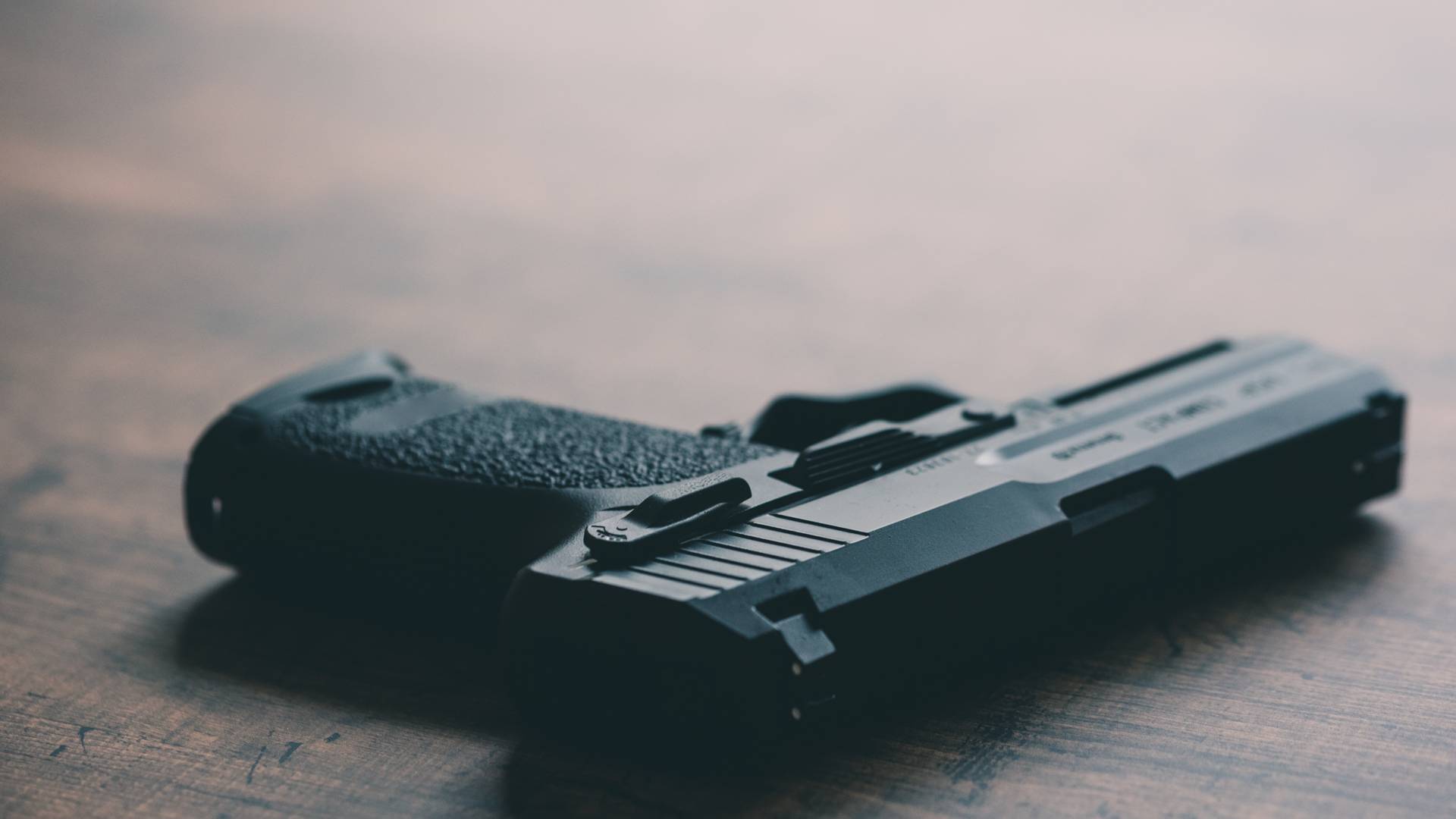Plea bargains are a big part of the criminal justice system. A plea bargain allows the defense and the prosecution to come to an agreement about the outcome of a case without having to go through a trial. This can be beneficial for both sides; however, there are several points to consider before you opt for a plea bargain in your case.
A plea bargain has to be approved by the court. This means that a judge has the option to decline the plea bargain. In some cases, such as when a person pleads guilty to a lesser offense in exchange for the prosecution dropping a lesser offense, the court might not have to approve the plea bargain.
The prosecution or the defense can begin the process of plea bargaining. The process is ongoing until both sides agree on the terms of the plea bargain or until one side withdraws from the process. Generally, the process is confidential until the plea bargain is announced in court.
There is a chance that the plea bargain process will be discussed with the victim in the case. Some victim's rights groups are pushing for the victims to have a right to give input about the plea bargain.
Knowing the points of a plea bargain is vital for all defendants. While the plea bargain can mean a faster resolution of your case, you should understand how the deal might be altered by the court. In some cases, you might have other options, such as diversion programs, for dealing with the charges you are facing.
Source: American Bar Association, "How Courts Work," accessed May. 21, 2015
